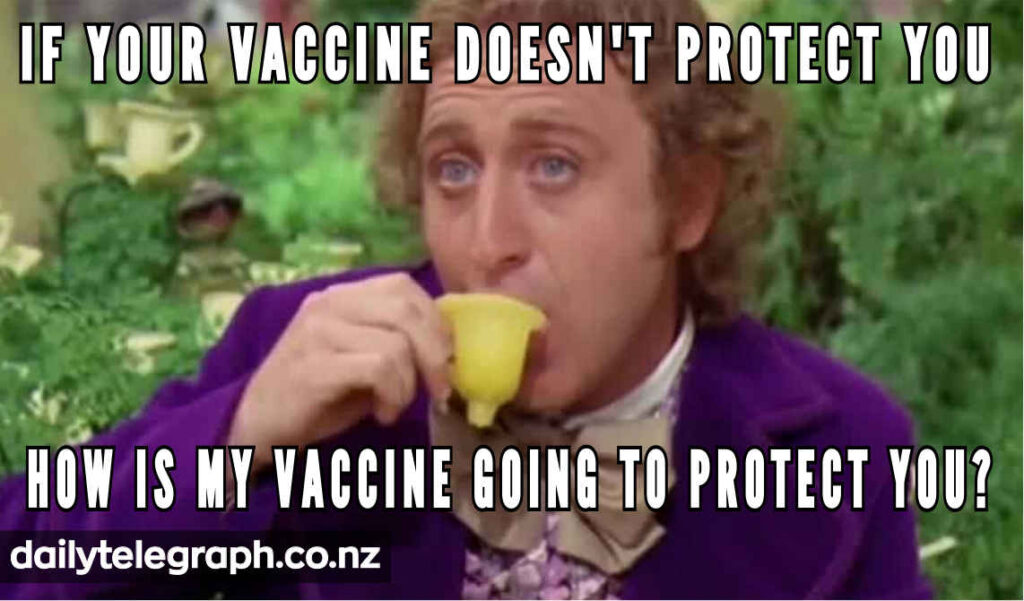A recent study suggests that vaccines are ‘not sufficient’ in preventing the spread of the Delta variant, with rates between jabbed and unjabbed similar.
The study was done by the Imperial College of London and the UK Health Security Agency (HSA), and was published this week in the prestigious Lancet Infectious Diseases Journal.

The study looked at 600 people in the UK over the course of one year. Here are the major findings:
- Although vaccines remain highly effective at preventing severe disease and deaths from COVID-19, vaccination is not sufficient to prevent transmission of the Delta variant in household settings with prolonged exposures.
- in densely sampled household contacts, 38% of those unjabbed tested positive, while 25% of those jabbed still got it.
- Fully vaccinated individuals with breakthrough infections have peak viral load similar to unvaccinated cases and can efficiently transmit infection in household settings, including to fully vaccinated contacts.
Ajit Lalvani, professor of infectious diseases at the Imperial College, London, said:
‘Our findings show that vaccination alone is not enough to prevent people from being infected with the Delta variant and spreading it in household settings.’